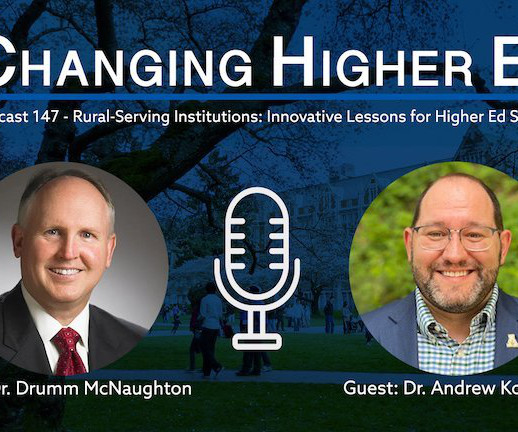Field of study not key to new academic program success
Inside Higher Ed
MARCH 21, 2023
” As part of the analysis, researchers looked at whether humanities programs were less likely to grow relative to programs in science, technology, engineering and mathematics fields. percent for 236 new programs for engineering, engineering-related technologies and technicians, similar to a 39.1











Let's personalize your content